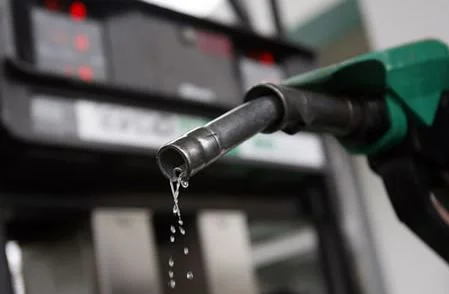Fuel prices in Ghana are projected to decline by between 5% and 9% in the upcoming pricing window, offering much-needed relief to consumers, according to a forecast by the Africa Sustainable Energy Centre (ASEC).
The anticipated drop is largely driven by the recent strengthening of the Ghanaian cedi against the US dollar, a key factor in the country’s biweekly fuel pricing mechanism, which responds to fluctuations in global oil prices, exchange rates, and import costs.
In its latest market assessment, ASEC estimates that petrol could retail between GHS 12.00 and GHS 12.60 per litre, while diesel may fall to between GHS 12.60 and GHS 13.20 per litre.
“The current exchange rate gains mean importers are spending fewer cedis for every dollar of fuel purchased, and this is expected to be reflected in lower pump prices,” ASEC said in a statement.
While international crude oil prices have dropped significantly from around $85 per barrel in January to approximately $64 per barrel now, ASEC notes that the stronger cedi has had a more immediate impact on local pricing. Since petroleum imports are paid in dollars, a stronger local currency effectively lowers procurement costs for oil marketing companies.
“This comes as a welcome relief for Ghanaians dealing with rising cost-of-living pressures,” ASEC added.
However, the think tank cautioned that the falling prices, though positive for consumers, could reduce government revenue.
Ghana, a net exporter of crude oil, depends on global oil prices for a substantial portion of its foreign exchange and national budgetary inflows.
With crude prices down by over 24% since the start of the year, fiscal pressures could mount.
“Unless the exchange rate is the main driver of these declines, falling global oil prices usually translate to revenue shortfalls,” ASEC warned.
“The government may need to ramp up production volumes to meet its revenue targets.”
Looking ahead, ASEC projects that fuel prices may continue to ease through the second half of the year if current trends persist.
The global oil market is expected to remain soft, with prices hovering between $62 and $65 per barrel due to increased supply from OPEC+ and weakening demand in major economies such as the United States and China.
The Centre pledged to continue providing data-driven insights to guide national energy policy and urged the government to strike a careful balance between consumer relief and long-term energy and fiscal stability.
Fuel prices remain a critical economic indicator in Ghana, influencing inflation, transport costs, and the general price level of goods and services. The projected reduction is expected to offer temporary relief to households and businesses amid ongoing efforts to stabilise the economy.



